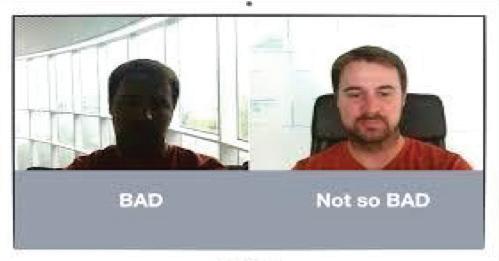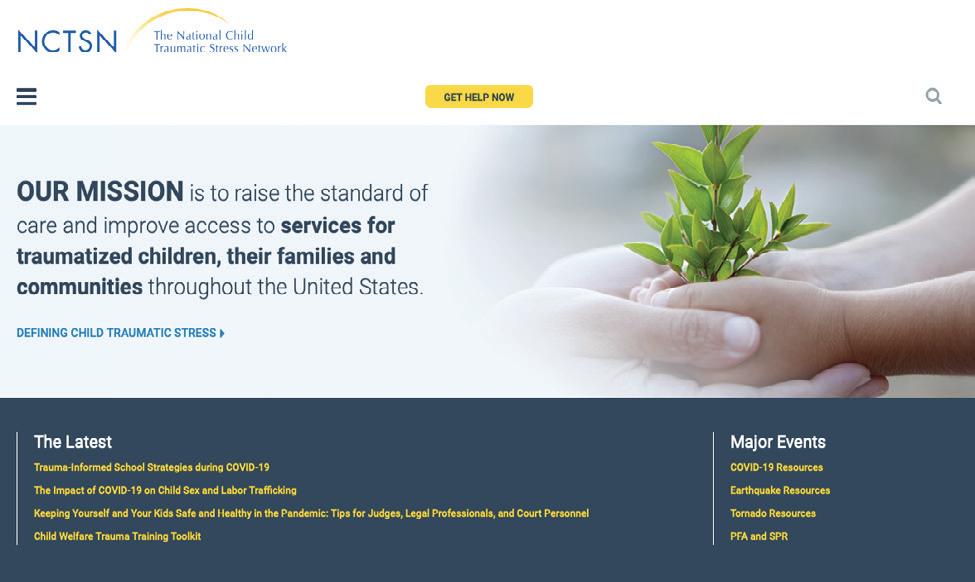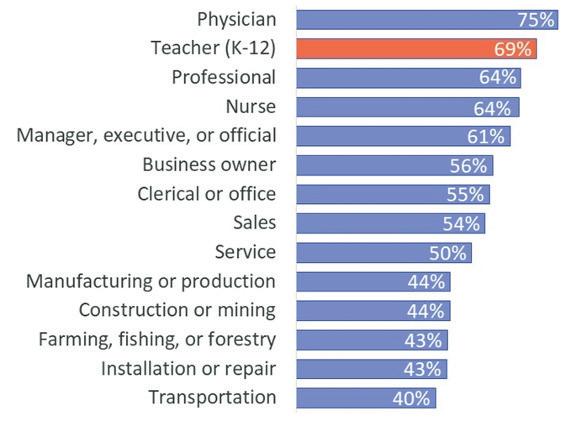Derek G. Jack Associate Director, Career Services Team, Brigham Young University, Utah
W
ith the current teacher crisis, chances are good that you could not only receive one teaching offer, but could potentially receive more than one. After an offer has been extended, don’t feel that you have to accept it in that moment, especially if you are considering other offers or waiting to hear from other schools of interest. Here are some tips for considering/accepting a teaching position:
Contracts: Considerations, Comparisons, and Concerns Dr. Dawn S. Jones Senior Assistant Director (retired), Career Services, Northern Illinois University
Y
ou’ve been applying, interviewing, hoping and waiting. Finally…you have a job offer! The immediate response is to accept the offer and end the job search agony. Is that wise? Not without careful deliberation. NEVER sign a contract without knowing its parameters. A contract is a binding legal document. Once you sign it, you are obligated to work for that district. How do you know if you’re getting a good deal? Surprisingly, it’s not just about salary. Think about these potential contract components as you evaluate your offer.
ü
Do what is best for you and your family.
ü
Be honest. If you have been offered a position and you still have other interviews scheduled, ask for additional time to respond to the offer, i.e., twenty-four hours.
ü
Open contracts are commonly offered at a teacher fair/ recruitment event. These are extended when a school knows they want to hire you, but they don’t know where in the district there is an opening, and they don’t want to lose the chance to hire you.
Insurance ü Name and type of plan
ü
The terms of an open contract may differ from district to district.
ü Areas of coverage - e.g. medical, psychological, dental, life, disability, vision
ü
Ensure you understand the details of each open contract, such as if you have a voice in the decision regarding your building placement.
ü Options to add family members to the policy
ü
Take time to consider the pros and cons of the contract.
ü
Visit your career coach at your university’s Career Services center for any additional questions and advice.
ü
Once you have accepted a position, be professional and fulfill the contract. Reneging on an offer reflects poorly on you, your university, and may result in you losing the opportunity to teach in other districts in the area.
Being knowledgeable about the teacher contract process will help you to find a job in a district that is a good match for you and help you to move forward successfully in your career.
Exploring Employment Options
Accepting a Teaching Position
Salary (examine the district’s salary schedule) ü Starting salary ü Highest salary on the schedule ü Number of lanes/steps (rate/means of progression) Method of disbursement (monthly, weekly, etc.)
ü Cost to employee (amount withdrawn from paycheck) Education ü Reimbursement for courses taken; number and types of courses eligible for reimbursement ü Choice of institution to attend…are you limited to specific institutions? ü Grade requirements Time Off ü Vacation days ü Sick days (and provisions for long-term medical leave) ü Allowance for personal days/emergency leave days ü Sabbatical opportunities Professional Development ü Coverage of expenses: registration, organizational membership, materials ü Travel/meal/hotel allowance ü Type of permitted professional activities
Ask yourself if what you're doing today is getting you closer to where you want to be tomorrow.
Retirement ü Percent paid by a) the district; b) the employee ü Earliest retirement age; mandatory retirement age ü Conditions to be met for retirement Other ü Union dues ü Mentoring programs – length and scope
Make sure that the job offer and your own career goals are compatible. This could be the beginning of a long, rewarding relationship. American Association for Employment in Education
83































